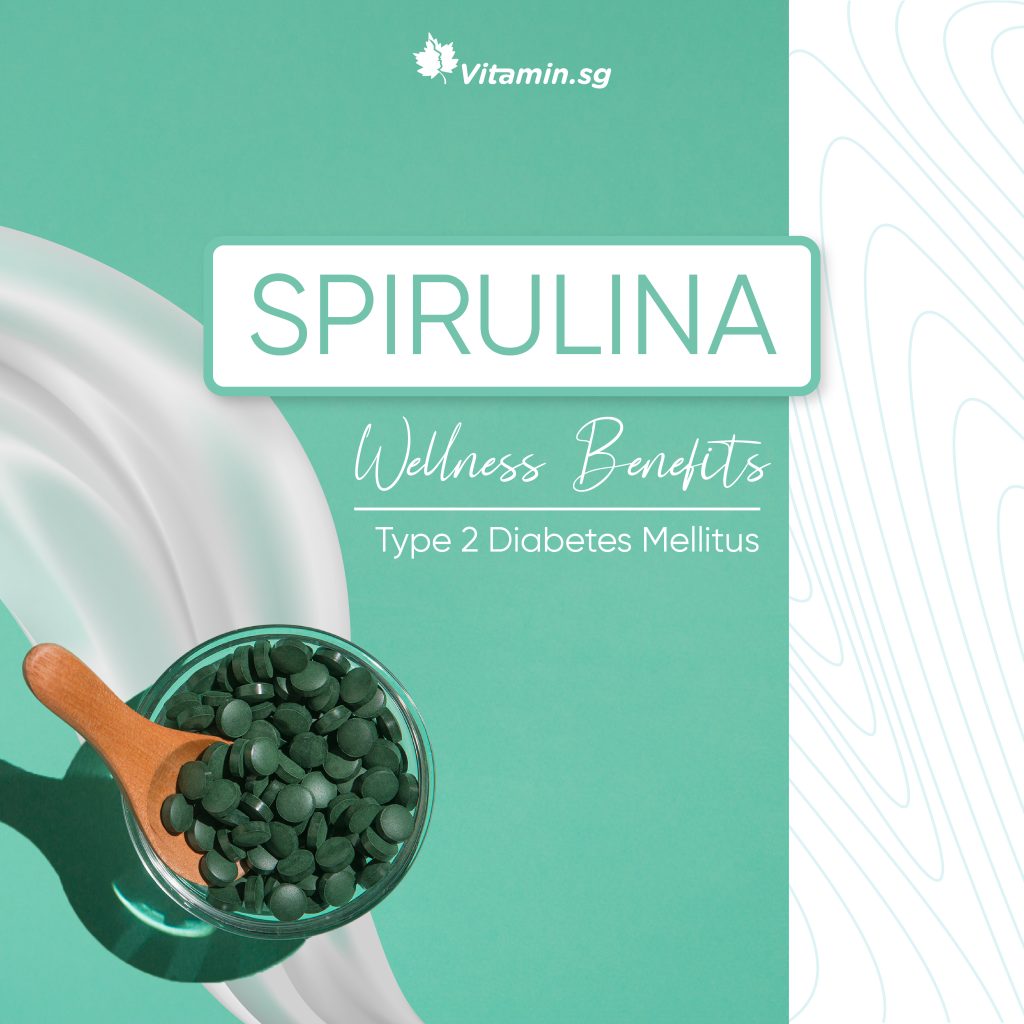Home / Health Blog / The Relationship between Calcium and Osteoporosis
As children, we were told to be sure and drink our milk so our bones would be nice and strong. For the most part this is absolutely true, as there are few foods that are naturally abundant in vitamin D and many people do not get enough sunlight to naturally synthesize vitamin D in that manner. Because of this, the FDA requires that specific foods be fortified with vitamin D to ensure we get adequate calcium.However, we don’t have to depend on milk alone to get our vitamin D for healthy bones, which is ideal for those who are lactose intolerant. Simply spending more time in the sunlight assists the body in synthesizing vitamin D. Seafood such as salmon is also a natural source for the vitamin.Vitamin D and calcium is an important part of our diet because as we age, we lose bone mass. This can lead to the development of osteoporosis, which is when the body seeps calcium out of the bones to use it elsewhere in the body. This results in weak bones that become brittle.To prevent osteoporosis, all people, especially women, need to be certain that they supplement themselves with vitamin D and calcium throughout their lives. This is important for children so that they have adequate calcium throughout their lives, but also to prevent rickets as well, which is caused by a vitamin D deficiency. Maintaining an adequate intake of vitamin D and calcium throughout your life assists in lowering a person’s risk of developing osteoporosis.Getting adequate calcium early in life sets the stage for whether or not a person will develop osteoporosis. Calcium and vitamin D provide the building blocks for strong bones and ensuring that you receive enough calcium early in life can help to reduce the risk of fracture and osteoporosis later in life. A study by the Archives of Internal Medicine shows us that osteoporosis can be prevented if calcium supplements are taken on a regular basis. The study showed that if women took the calcium supplement on a regular basis, they had a decline in their chance for bone fractures; however, those who did not take them regularly had the same risk of fracture as a person who does not supplement at all.This is important for all people to consider. This means that people need to ensure their children begin receiving calcium early in life and then maintain their calcium intake on a regular basis to prevent osteoporosis as they age. The recommended daily intake for vitamin D is 400 IU per day. Vitamin D is essential in ensuring that the body can absorb calcium. People over the age of 50 needs to take an additional 200 milligrams of vitamin D per day.


